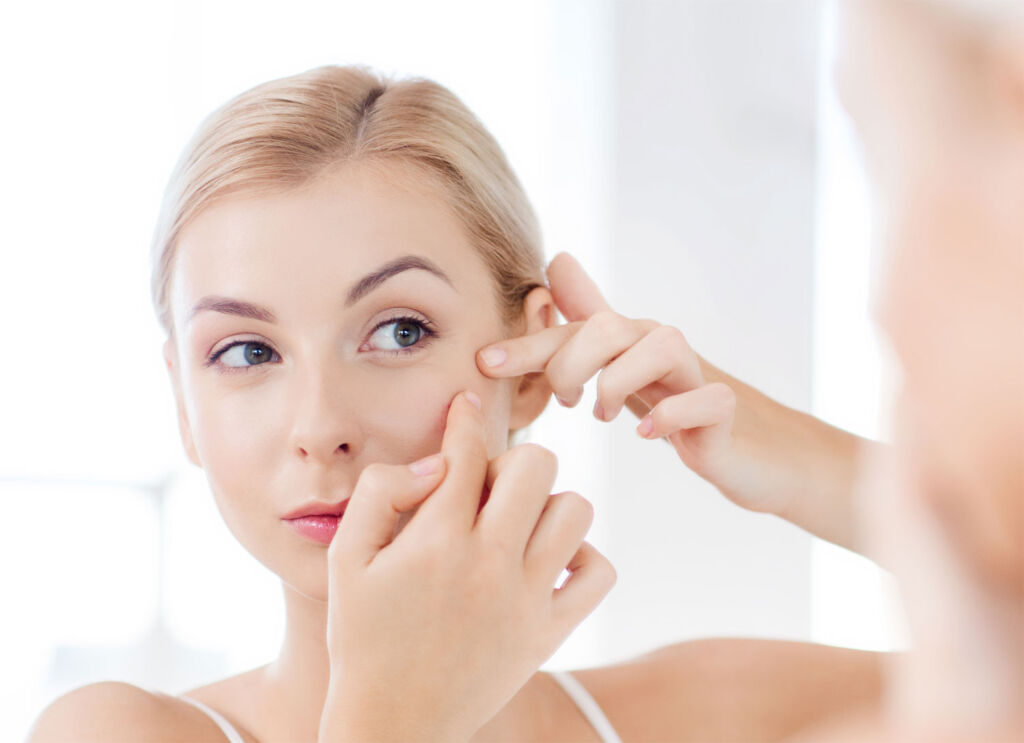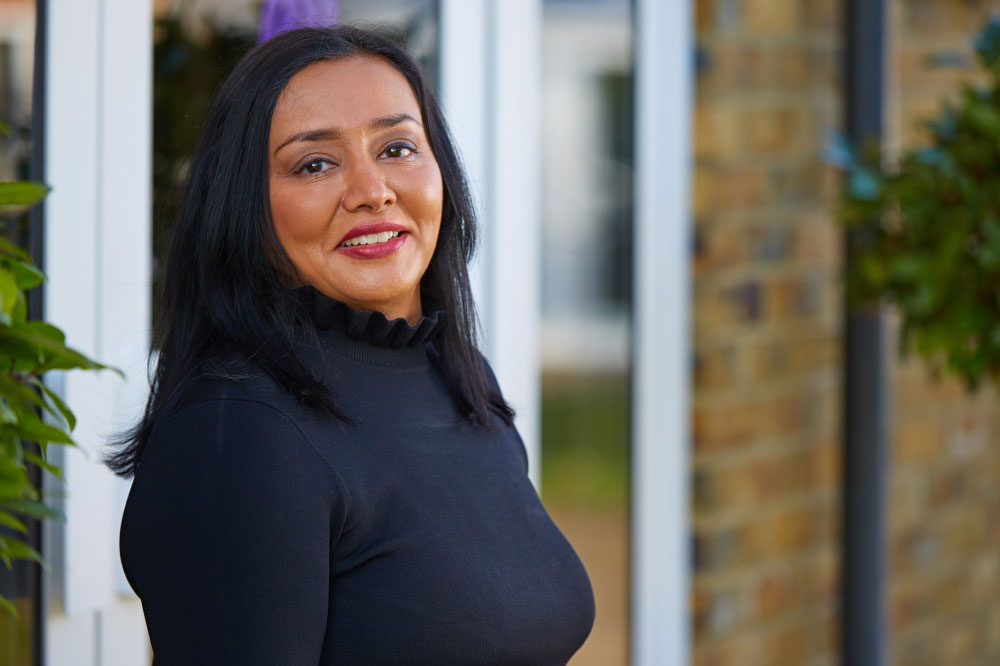

If you are suffering from a dull complexion, sudden breakouts and dark circles it could be due to ‘Lockdown Limbo’. Dr Rekha Tailor has reported more patients than ever before have been coming to her clinic with skin-related problems.
Skincare specialist, Dr Rekha Tailor has said that the stress around the ever-changing landscape of Covid-19 and the resultant lockdown and quarantine rules has played havoc with our skin.
She’s reported a 100% increase in people coming to her clinic for help with their skin, and the majority of their conditions are caused by stress.




But how exactly does stress affect the skin?
- HORMONES: ‘When you’re faced with a stressful situation, your body releases stress hormones, including cortisol which may increase the skin’s oil production,’ explains Dr Tailor. ‘Increased sebum production, in turn, can trigger acne.
- OLD HABITS: ‘Similarly, feeling stressed or worried about something can prompt a habit change that also directs the skin; for example, a lot of people use alcohol or nicotine in order to alleviate stress, both of which in turn have a negative impact on the skin.’
- PICKING AND SCRATCHING: Other people may find themselves anxiously picking or scratching their skin more than normal, which in extreme cases can develop into dermatillomania or excoriation disorder.
What skin-conditions can stress cause or exacerbate?
Whilst it’s often hard to pinpoint exactly what is causing the skin problems, I see so many patients whose skin conditions have been exacerbated stress, including:
- Acne
- Breakouts
- Eczema
- Rosacea
- Hives
- Rashes
- Dry skin
- Flaky and peeling skin
- Itchy skin.’
How to save stressed skin
‘Acne is one of the most common skin conditions caused by stress,’ explains Dr Rekha Tailor. ‘Whilst it’s important to stress that there’s no cure as such for acne, the symptoms and side effects such as oil control and spots can be controlled so your skin can be clear and spot-free by effectively clearing the dead skin, controlling the oil and killing the bacteria.’
- IMPROVE HYGIENE: ‘Hygiene is key, so make sure you regularly wash your hands for at least 20 seconds to avoid spreading any germs or bacteria.
- CLEANSE MORNING AND NIGHT: ‘As with any acne breakout, it’s important to use a gentle cleanser in the morning and evening. Avoid harsh exfoliation and chemicals which can exacerbate sensitive skin. Follow your cleanser with a hydrator and a broad-spectrum SPF throughout the day.’
- BE SELF AWARE: ‘Being self-aware can help too. Some people find that they pick their spots as their anxiety increases and, by removing this trauma to the skin, the skin can start to heal.’
- FIND NEW WAYS TO RELAX: ‘Relaxation can go a long way in treating the physical symptoms that are visible on the skin too,’ explains Dr Rekha Tailor. ‘Try incorporating breathing exercises into your routine. This can have a very positive and powerful impact in improving the skin condition.’
- SEE A SPECIALIST: ‘Whilst your GP is always the first port of call for skin complaints, you may find that a more specialised doctor can be better placed to offer alternative treatments that aren’t currently available on the NHS. These include Hydrafacials, laser treatment and chemical peels.’
Read more beauty guides and articles on how to look after your skin here.
